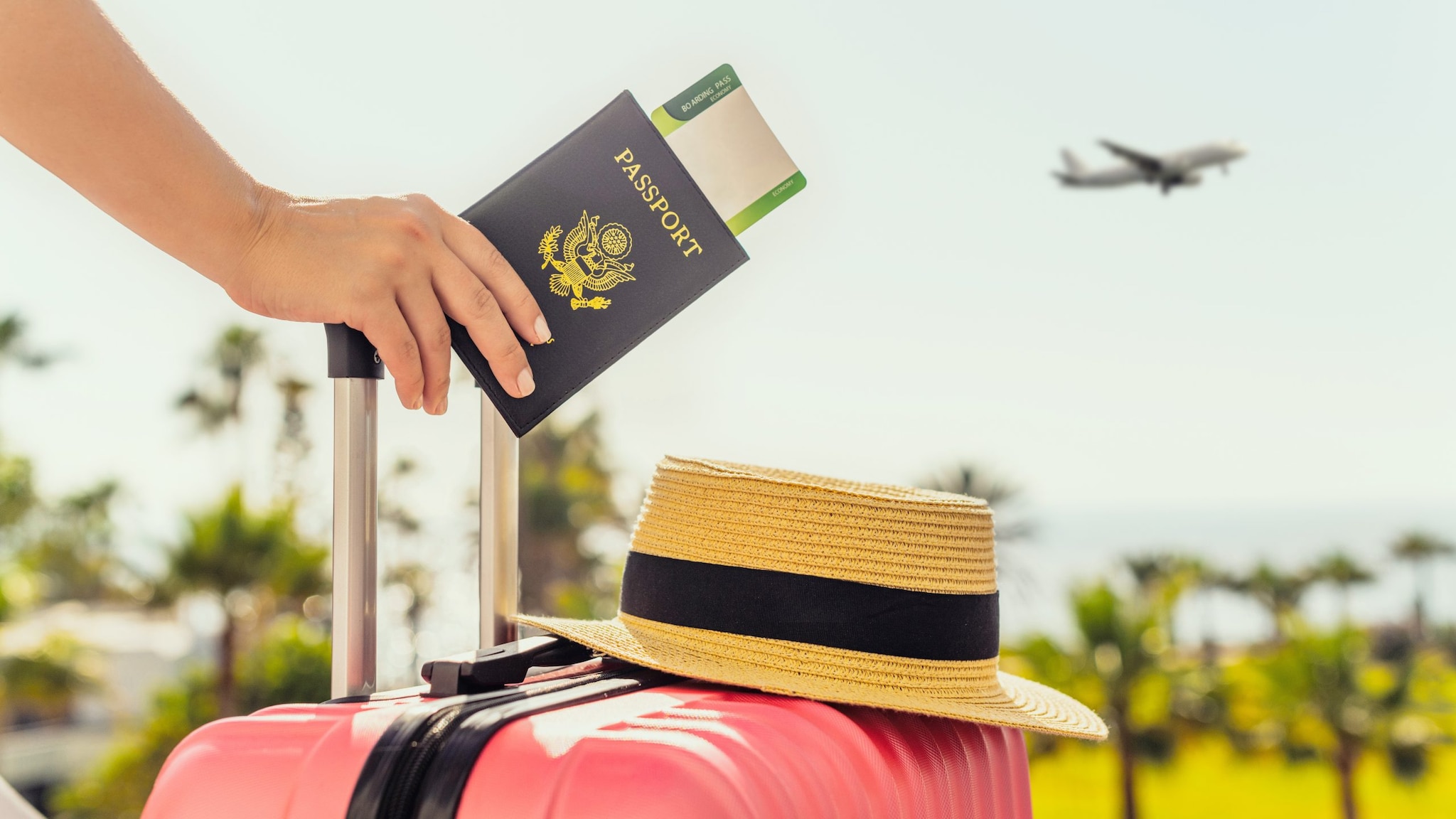Key points
- You can take steps to stay safe when traveling to countries where these diseases are common.
- Before travel: Get vaccinated against typhoid fever.
- During travel: Practice safe eating and drinking habits.

Overview
Typhoid fever and paratyphoid fever are common in many countries.
These countries can have poor sanitation and unsafe water and food. Many of these countries are in:
- South Asia (especially Pakistan, India, and Bangladesh)
- East Asia
- Africa
- Latin America
Two basic steps can help keep you safe.
- Get a typhoid vaccination before your trip.
- Practice safe eating and drinking habits during your trip.
Vaccination
Vaccination can help prevent typhoid fever.
- Find out if you need a typhoid vaccine at www.cdc.gov/travel.
- Visit a doctor or travel clinic at least 4 weeks before you travel.
Two typhoid vaccines are available in the United States, an oral vaccine and an injectable vaccine.
Oral vaccine
Injectable vaccine
When should it be taken?
Boosters
Typhoid vaccines lose effectiveness (strength) over time. If you were vaccinated in the past, ask your doctor if you need a booster vaccine.
Safe eating and drinking habits
Always practice safe eating and drinking habits during travel. Following these habits is important because:
- Typhoid vaccines are not 100% effective.
- Available vaccines do not protect against paratyphoid fever.
Safe eating and drinking habits also help protect you from other illnesses, including travelers' diarrhea, cholera, and hepatitis A.
Wash your hands
- Wash hands thoroughly with soap and water, especially after using the bathroom and before preparing food or eating.
- Use hand sanitizer with at least 60% alcohol if soap and water are not available.
Boil it, cook it, peel it, or forget it
- Drink unopened, factory-sealed bottled water or boil water for at least 1 minute before using it.
- Avoid ice, popsicles, and flavored ices unless they are made from unopened, factory-sealed bottled water or water that was boiled for 1 minute before using it.
- Eat only well-cooked foods that are still hot and steaming.
- Avoid raw vegetables and fruits that can't be peeled.
- Lettuce and other greens can stay contaminated even if washed.
- Avoid food and drinks from street vendors unless they are steaming hot when served.
- Drink pasteurized milk from a factory-sealed bottle.
